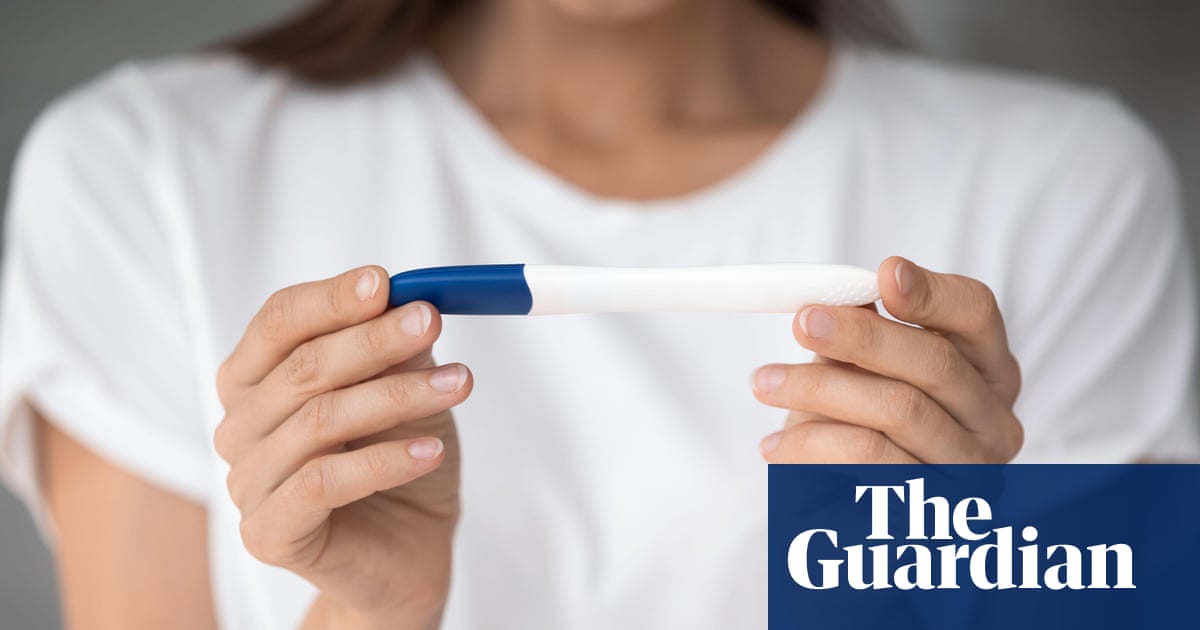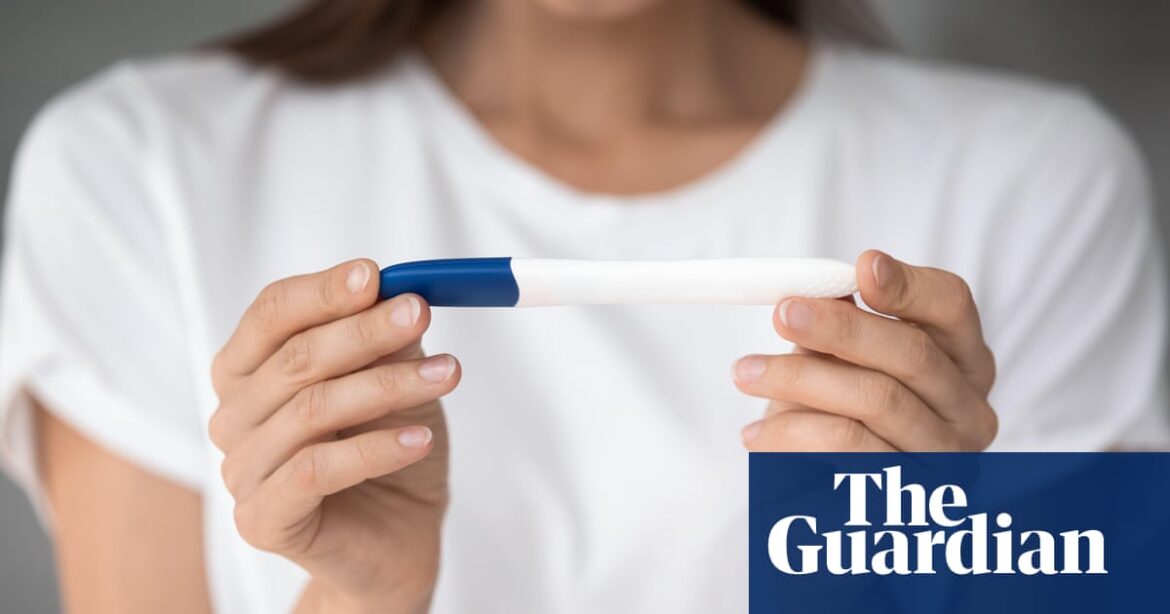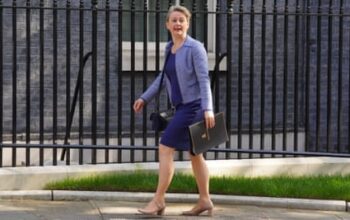
The number of abortions in England and Wales has reached record levels, with financial pressures believed to be a factor in why women are choosing not to have a baby.
There were 251,377 abortions for women resident in the two nations in 2022, official figures from the Department of Health and Social Care (DHSC) show, which is the highest since the Abortion Act was introduced almost 60 years ago and a rise of 17% on the 2021 figure.
The abortion provider MSI Reproductive Choices said it believed the cost of living crisis combined with a lack of access to contraception because of stretched NHS services were “playing a bigger role” in decisions to have an abortion.
Experts say improved access to at-home abortions was another factor. Temporary measures put in place during the pandemic to allow the use of pills for early medical abortion at home, without the need to first attend a hospital or clinic, were made permanent in England and Wales in 2022.
Taking medications at home was the most common procedure, accounting for 61% of all abortions in 2022 – up nine percentage points since 2021, the DHSC said.
The 25-29 age group had the biggest increase in abortion rates between 2012 and the latest figures for 2022, rising from 21.8 per 1,000 women to 31.4 per 1,000.
The British Pregnancy Advisory Service (Bpas) said a survey this month of 1,300 women who had ended a pregnancy suggested financial factors had either mainly or partly affected the decision for 57% of participants, while 36% said they had been unable to get the contraception they wanted or had faced delays, leading to unwanted pregnancies and subsequent abortions.
Heidi Stewart, the Bpas chief executive, said: “The cost of living crisis has placed immense strain on women and families, with too many having to choose between financial stability and having a baby.
“These women have also told us that they are facing long waits for contraceptive appointments, being refused by healthcare professionals for specific contraceptive methods, and experiencing limited options for non-hormonal birth control.”
after newsletter promotion
Sarah Salkeld, the UK associate clinical director at MSI Reproductive Choices, said women were able to access care early in their pregnancy “in large part due to the option of having their abortion in the privacy and comfort of their own home through the telemedicine service”.
The anti-abortion group Right To Life UK described the overall figures as a “national tragedy” and called for the “the urgent reinstatement of in-person appointments”.
Source: theguardian.com



